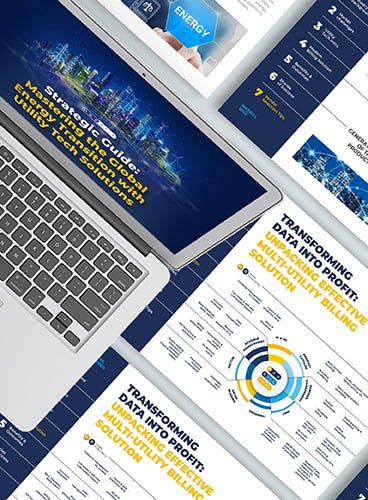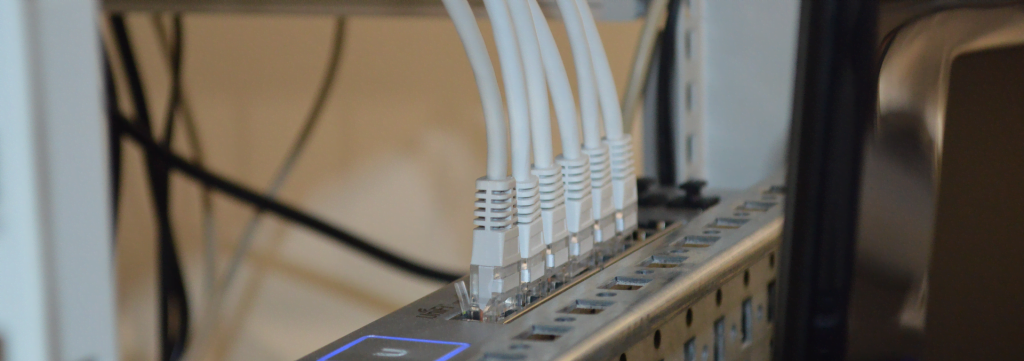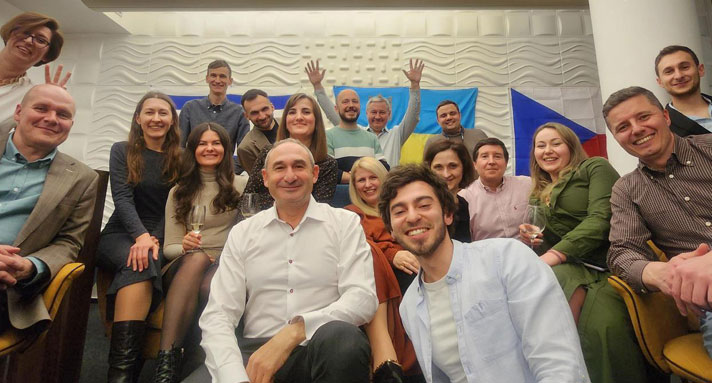Listen to this post
Updated: June, 2021
According to the survey, conducted by Kelton Global and Sheer ID, about half of consumers will feel excited, rewarded and special if they receive an exclusive offer. It’s not that big of a surprise, as most brands have learned long ago that the main driving force for consumers comes from their desire to fit in or, conversely, being set apart from “others.” The fashion industry utilizes both of these by offering a whole collection of similar items that differ from each other with a couple of details.
Telecommunication companies too, of course, play the human desire to feel special to their advantage. An array of “exclusive” bundles and package deals are paraded on any provider’s website. Telecoms try not only to take advantage of special offers, but to expand the number of their services, so the customer will have to purchase more from the company. It brings profit to the company and is more convenient for clients, who will have less paperwork this way.
However, anything tends to wear off. The excitement people felt when first presented by their provider with an offer of joined TV and broadband went away very soon – as every company started supplying their clients with such services. In the modern world, technologies develop so fast, and the available potential gets utilized so efficiently that the products, once deemed top-notch and exclusive, very soon become just the norm. If ten years ago a triple-play company was a pioneer in its field, now customers somewhat expect their operators to be able to provide them with broadband, mobile and TV. Therefore, telecoms need to move further.

Having More Control Empowers Users
One of the ways to make your customers feel special is to let them be in control. Of course, pretty much any operator lets you decide on your win plan, switch tariffs, etc. The age of yearly mobile contracts that are set in stone is long over. However, there’re companies that go beyond this and give their users control over the network.
Related: Give customers even more control with help of smart self-service portals.
Giffgaff, a UK mobile operator powered by another big phone network – O2, has won many awards recently for being very client-oriented. The exclusivity of their services lies in the fact, that it doesn’t have customers, it has members, any of whom can submit their idea of how the network should work and have staff look into it. You can imagine the level of loyalty it gets from the client base, especially those, whose ideas end up being implemented.
Some sceptics, however, point out that giffgaff might shoot itself in the foot by relying solely on customers’ initiative. They argue that very often clients don’t actually know what they want until they get it or will be presented with a possibility. Others speculate whether the mother company, O2, is more involved, that it seems, and only uses giffgaff as a lure to acquire an additional client segment.
In any case, the marketing decision is brilliant, considering that the population experience all-time highest levels of anxiety in recent years. Providing people with means of control over something as integrational to their lives as a mobile network empowers them greatly.
Unique Content Demands Attention
Sad as it is, letting community rule is not always possible, especially if the company is bigger and doesn’t focus on just one service like a mobile network. What else can help a company get new users and retain the existing ones?
Access to exclusive video content is a driver in marketing wars at the moment. According to the Barb Viewing Report of 2020, only 23.5% of all UK homes had subscription video-on-demand (SVOD) services in 2015, with only 9.2% overlap between Netflix and Amazon. In only 5 years, the percentage of SVOD users grew to 50.5% of all UK households, with 32% holding both Netflix and Amazon subscriptions, while interest in conventional TV is falling rapidly. Why is that? Simple: Netflix and Amazon were rolling out their original series frequently and with much success. First, viewers don’t want to miss exclusive content, then the show creates its own fanbase and now everybody wants to see it. To do that, viewers have no choice but to subscribe to the streaming service that creates a particular show.
That is why big multi-player providers like Sky try to learn from this precedent and opt for unique content, making its own original series. However, not all exclusive content is well-received and leads to fanbase generation. While Sky is trying hard, its streaming service Now TV has expanded its viewership only by 0.1M users. Compare this to Netflix or Amazon, who gained 2M subscribers each. When even Sky – a huge multinational conglomerate – has troubles challenging the two media giants, it seems like smaller providers don’t stand a chance.
Update: Sky has gone carbon-neutral on all of its original shows produced in 2019, and is going to stay that way. This move is not only amazing progress for ecology, but also a great marketing opportunity. It is very likely, that after this step Sky’s viewership will grow more.

Collaboration with Bigger Players Pays Off for Both Parties
Many providers adjust to the circumstances by partnering with huge streaming brands. Telecom Italia Group in Italy, BT group in the UK, Telefónica in Latin America, and many other telecommunication companies have partnered with Netflix and Amazon to broaden their client base and keep the existing one. The degree to which the services are intertwined varies, of course.
Related: Managing a broad network of partners is no easy task. Discover how technology can help.
On the lower scale of cooperation, we have operators that are able to provide their clients with faster access to the top-watched series via a dedicated server. It is a part of the Netflix Open Connect, a content delivery network announced back in 2012, so pretty much old news.
On a higher level, huge operators like BT or Telefónica are able to include Netflix or Amazon subscription (or both) in the offer package. This means users get streaming services into their TVs as a regular channel and pay for everything in one bill. For the customer it means fewer boundaries in the viewing experience and less paperwork to worry about. For providers that use innovative billing solutions like MaxBill, which make mutual settlement calculation and invoice generation easy and precise, it doesn’t take much work but brings a lot of benefits.

On the Way to Exclusivity: a Never-Ending Race
No provider is able to offer truly unique and exclusive services to their clients without a massive amount of research and innovation. To come up with something original and new, telecoms first have to adopt cutting-edge technology, anticipate the demand and the behavior of the competitors. Then, the special offer is rolled out, a marketing campaign is launched, the customers are excited and the user base, hopefully, grows as a result. A company enjoys the fruits of its labour. It doesn’t last, though. The market becomes saturated, and the service once deemed exclusive now becomes just a regular feature.
We were excited when first offered an option to get the Internet, landline and TV from the same provider. Now it’s just what we expect. Internet providers boasted about their enhanced access to Netflix shows via Open Connect Appliances, now they partner with streaming brands directly to bring them into one media hub and one bill. BT introduced Halo – a combination of 4G, 5G and fiber for better connectivity. However, Google’s Project Fi with the ability to intelligently shift between networks is stepping on its toes.
In the same vein, a giffgaff unique company-customer relationship model or Sky’s exclusive content approach is doomed to expire someday. This is not to say that coming up with special products and services for your clients is pointless. On the contrary, in this race towards exclusivity time is essential. If you’re one of the providers partnering with Netflix or Disney+ early on – you’ll benefit more than others, as you’ll have more time to enjoy the heightened interest from the customers. When everyone will have an array of SVOTs on their TV, no provider would be able to pass it as a special offer.
Innovation and flexibility are key to growth in any economic sector, but in telecommunication, they are most important. If you’re one of the telecom companies that have an exclusive offer listed on their website – ask yourself is it still special and start thinking about the new one now, as thinking ahead means being ahead.































